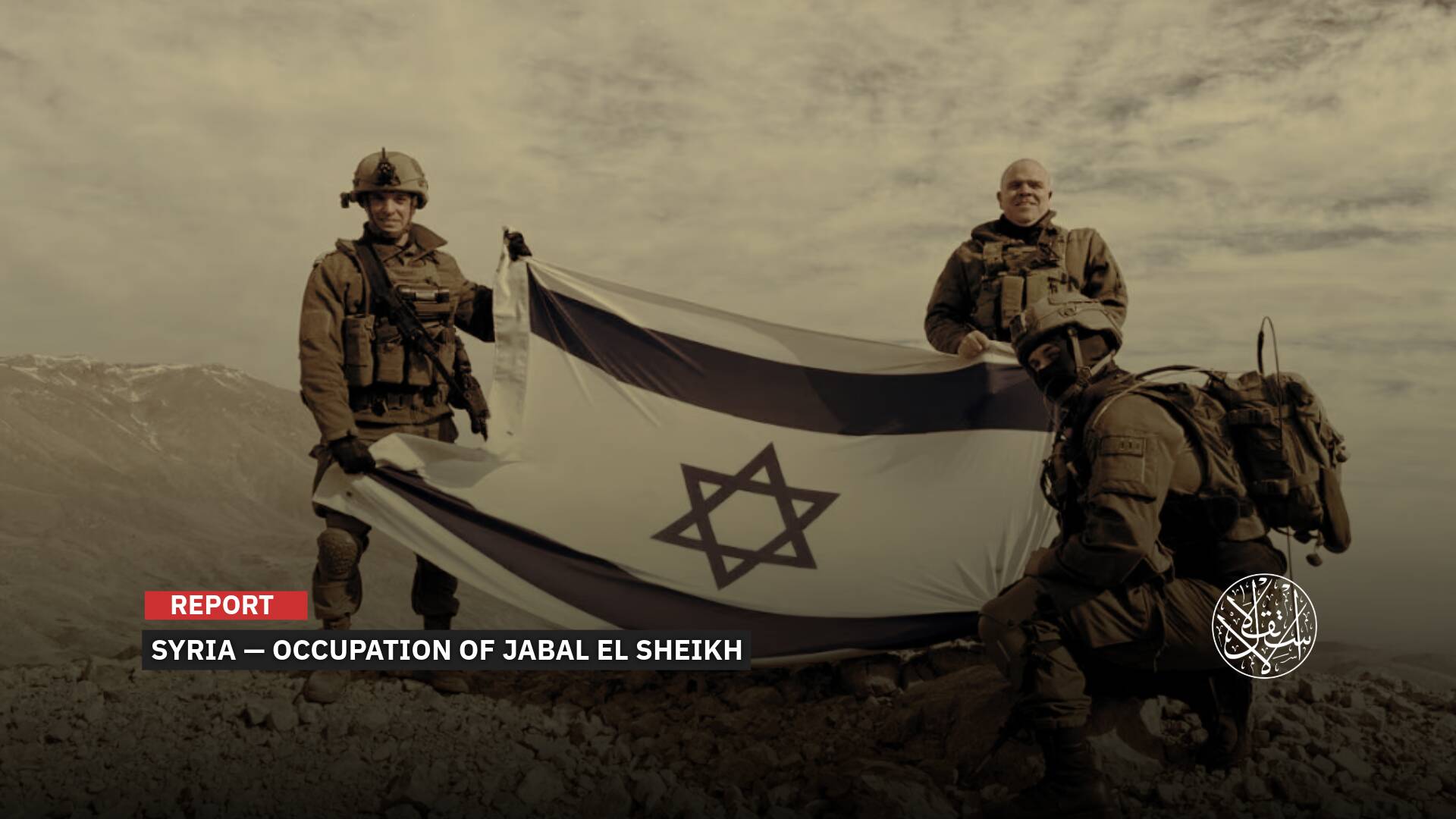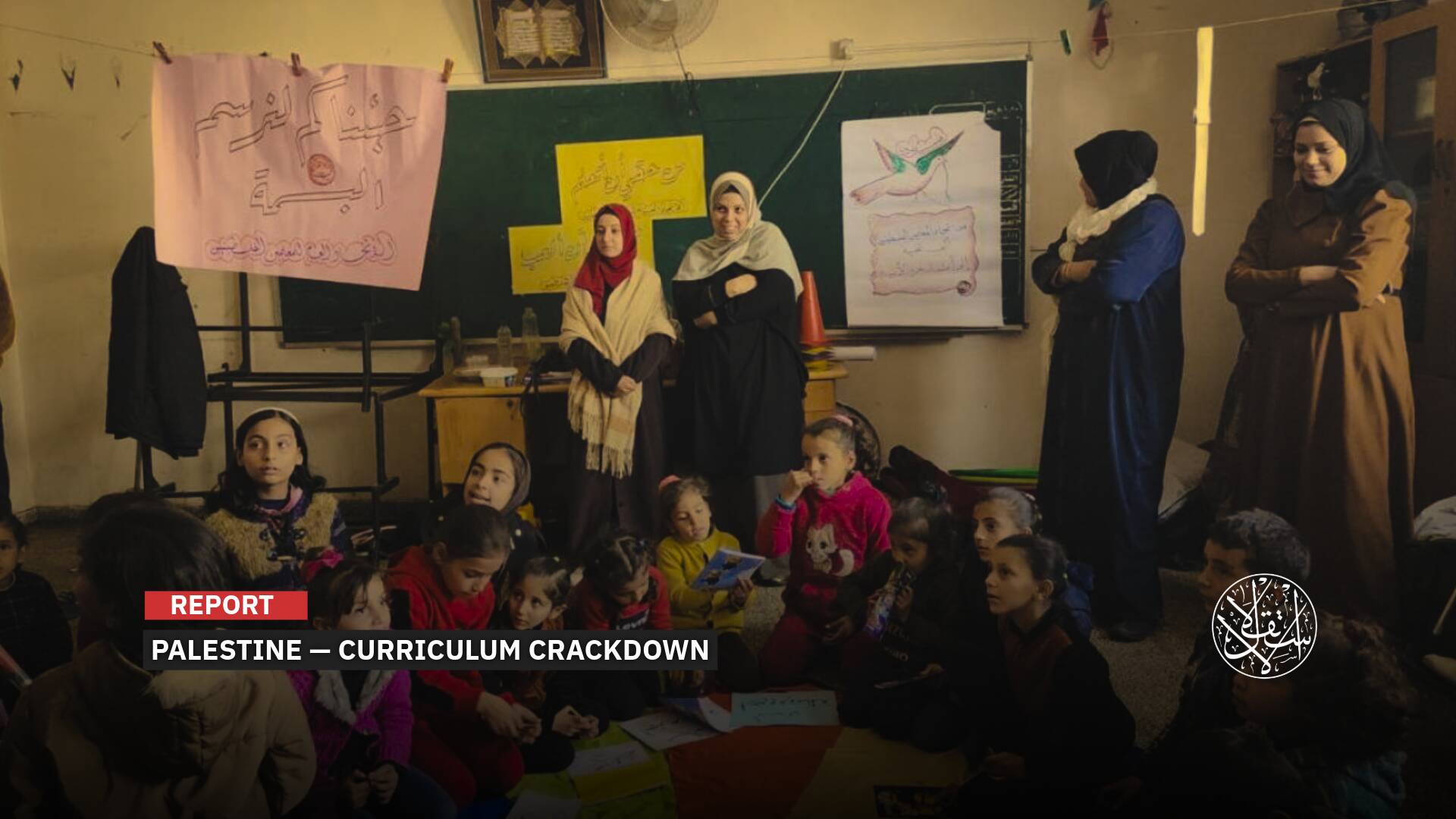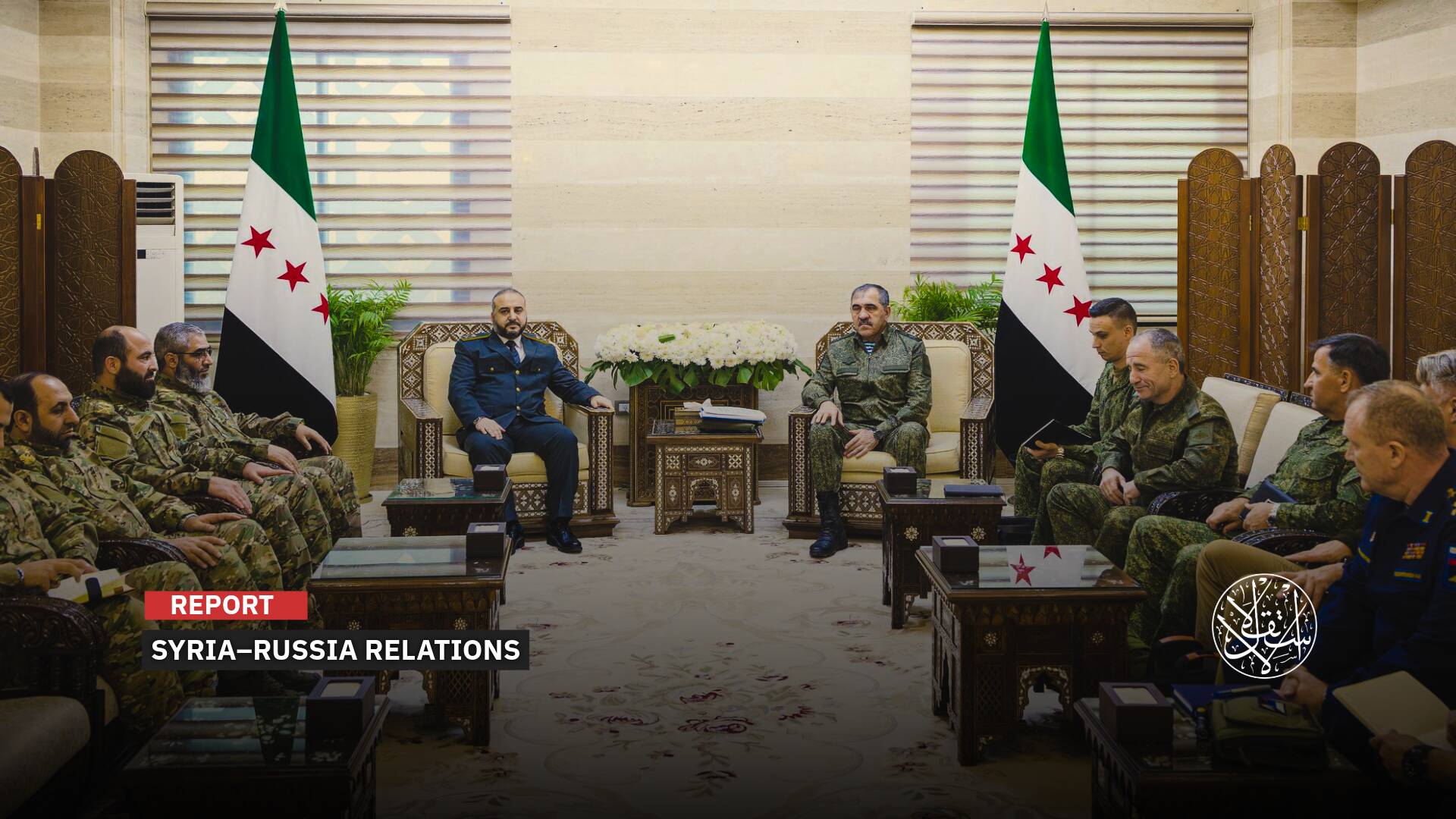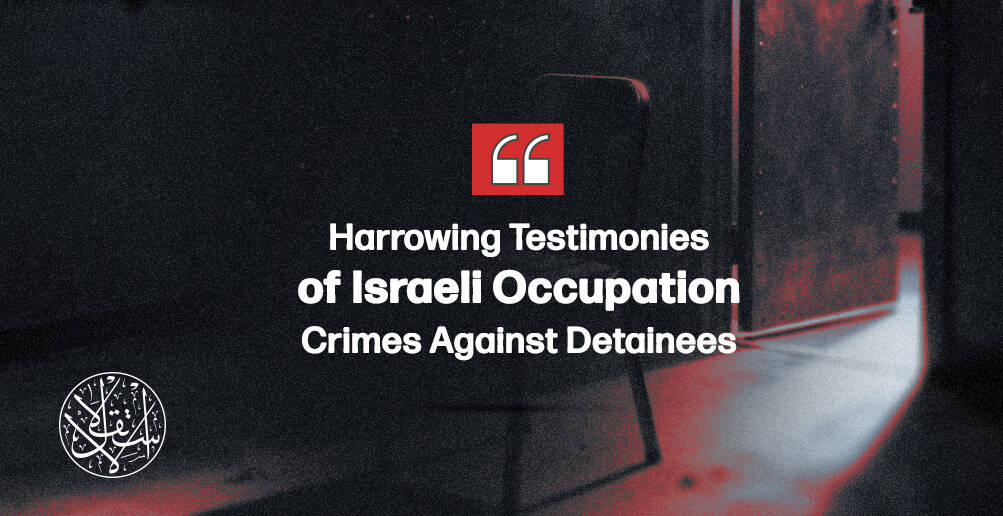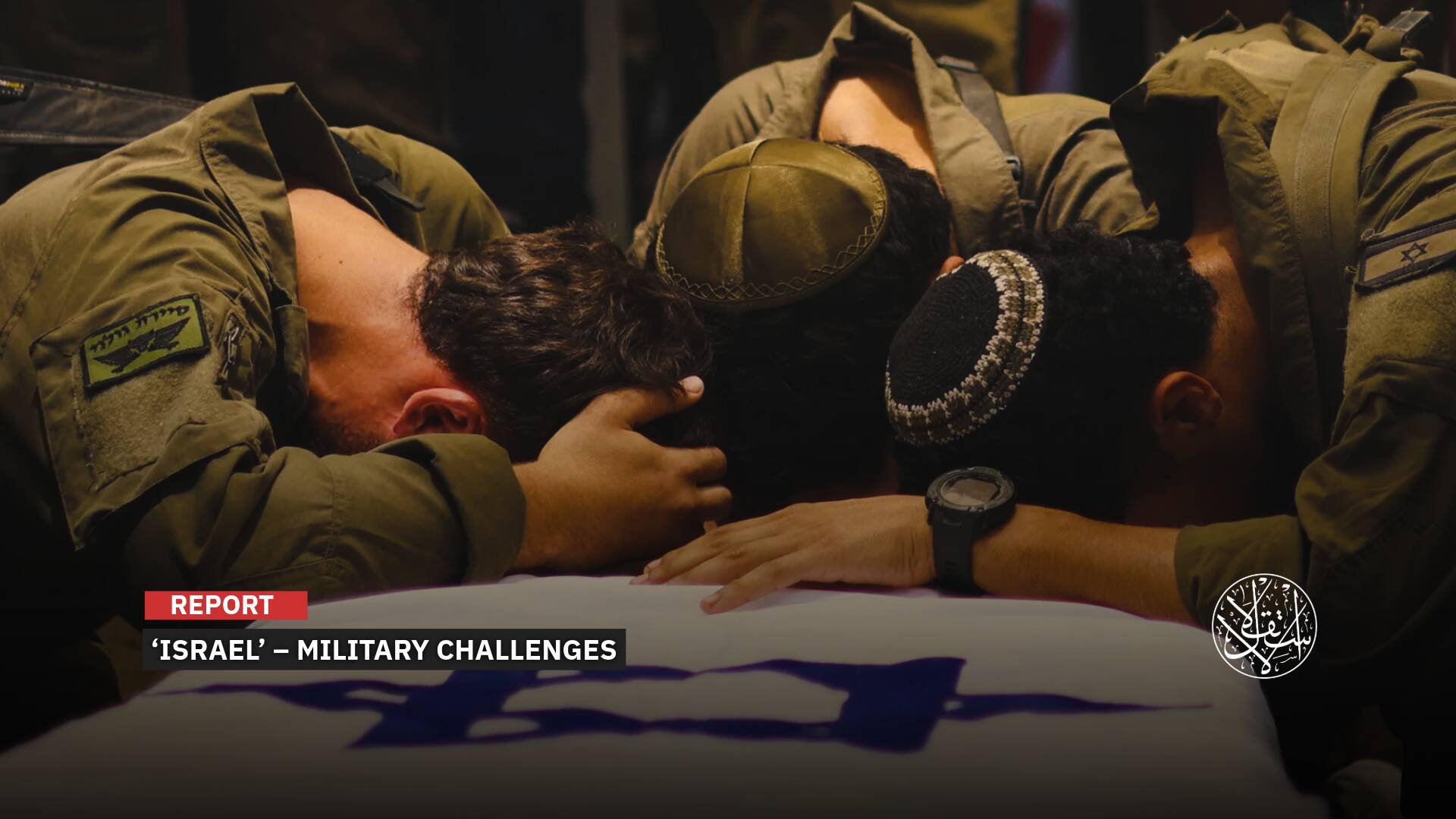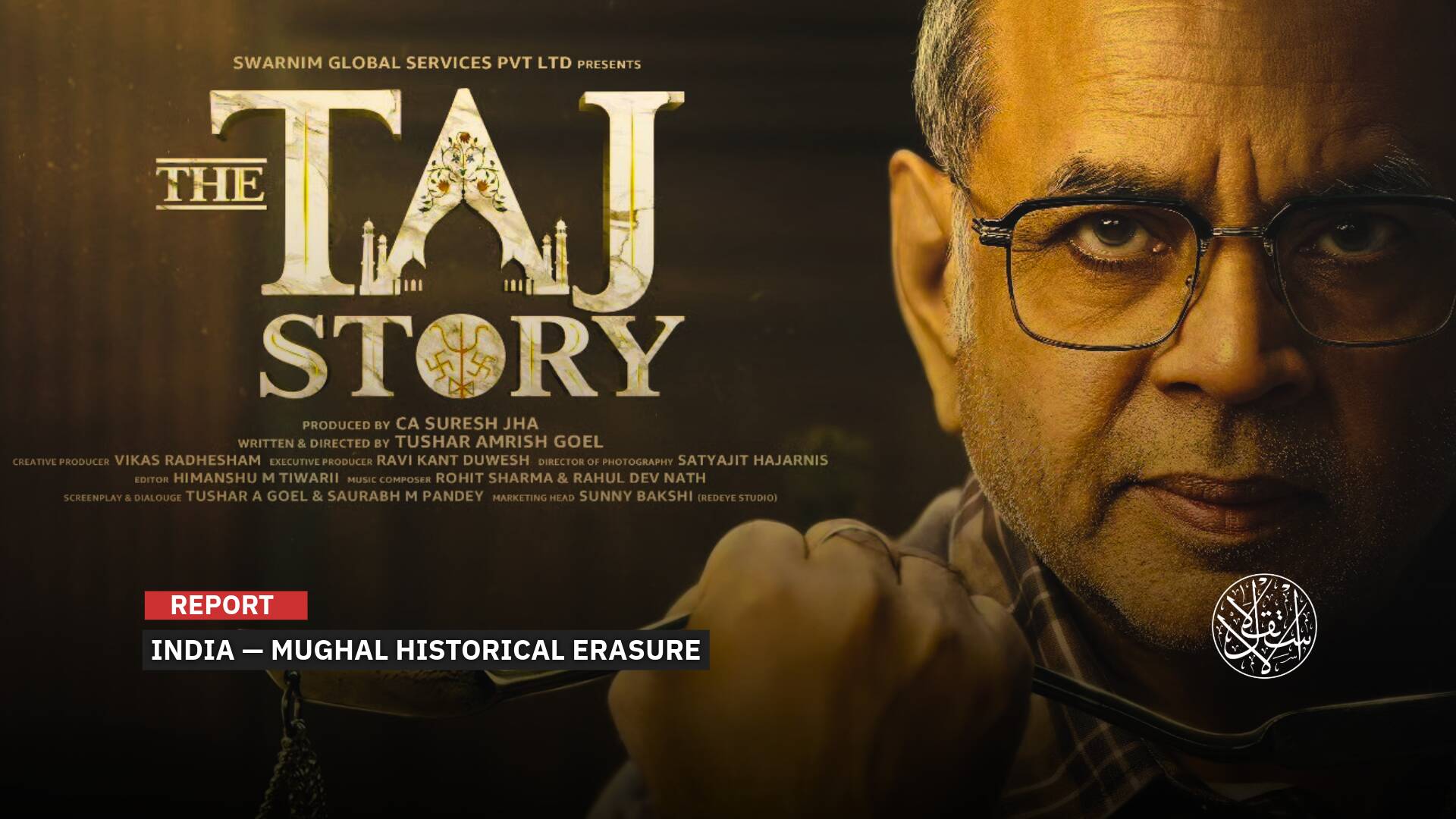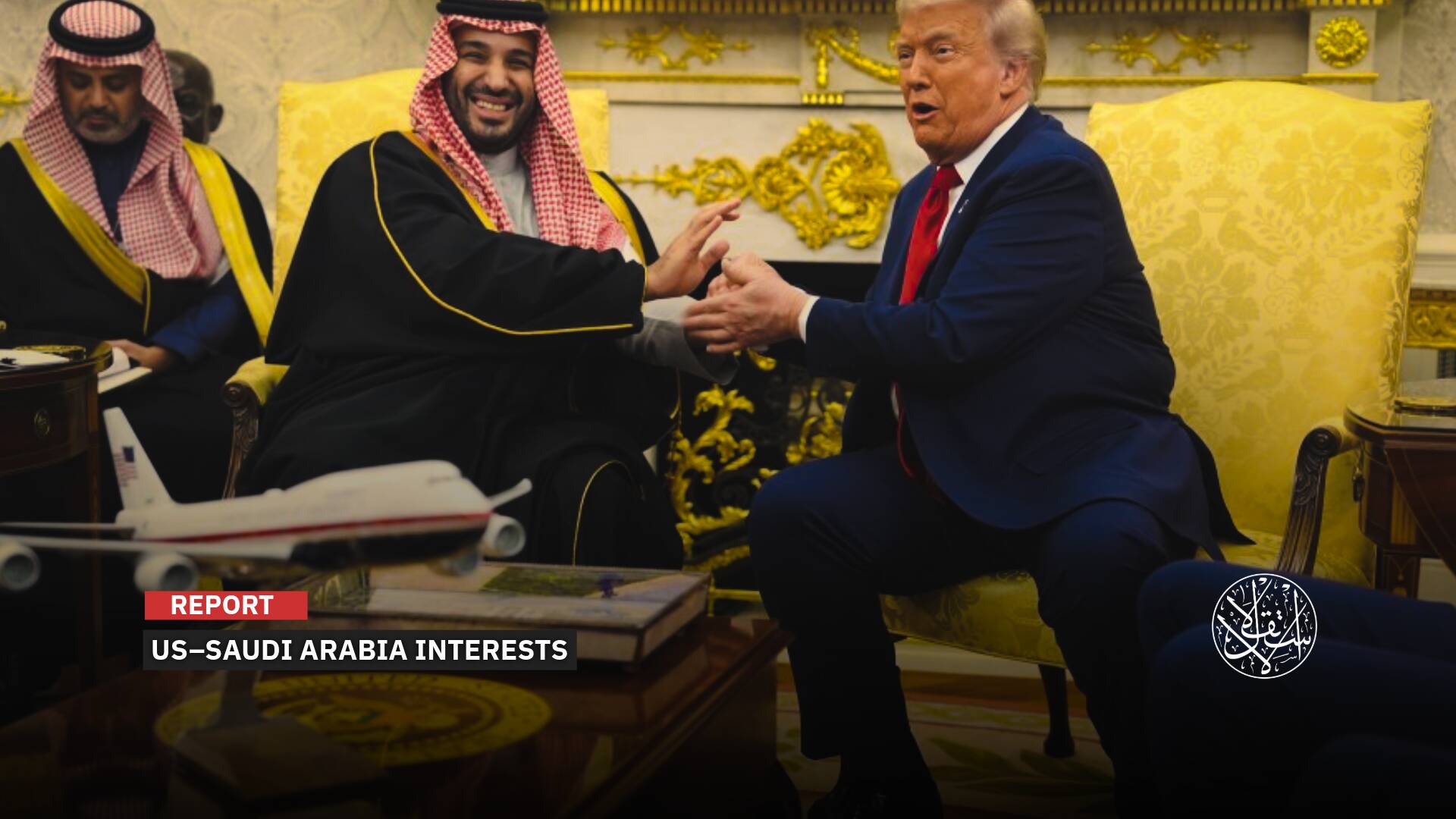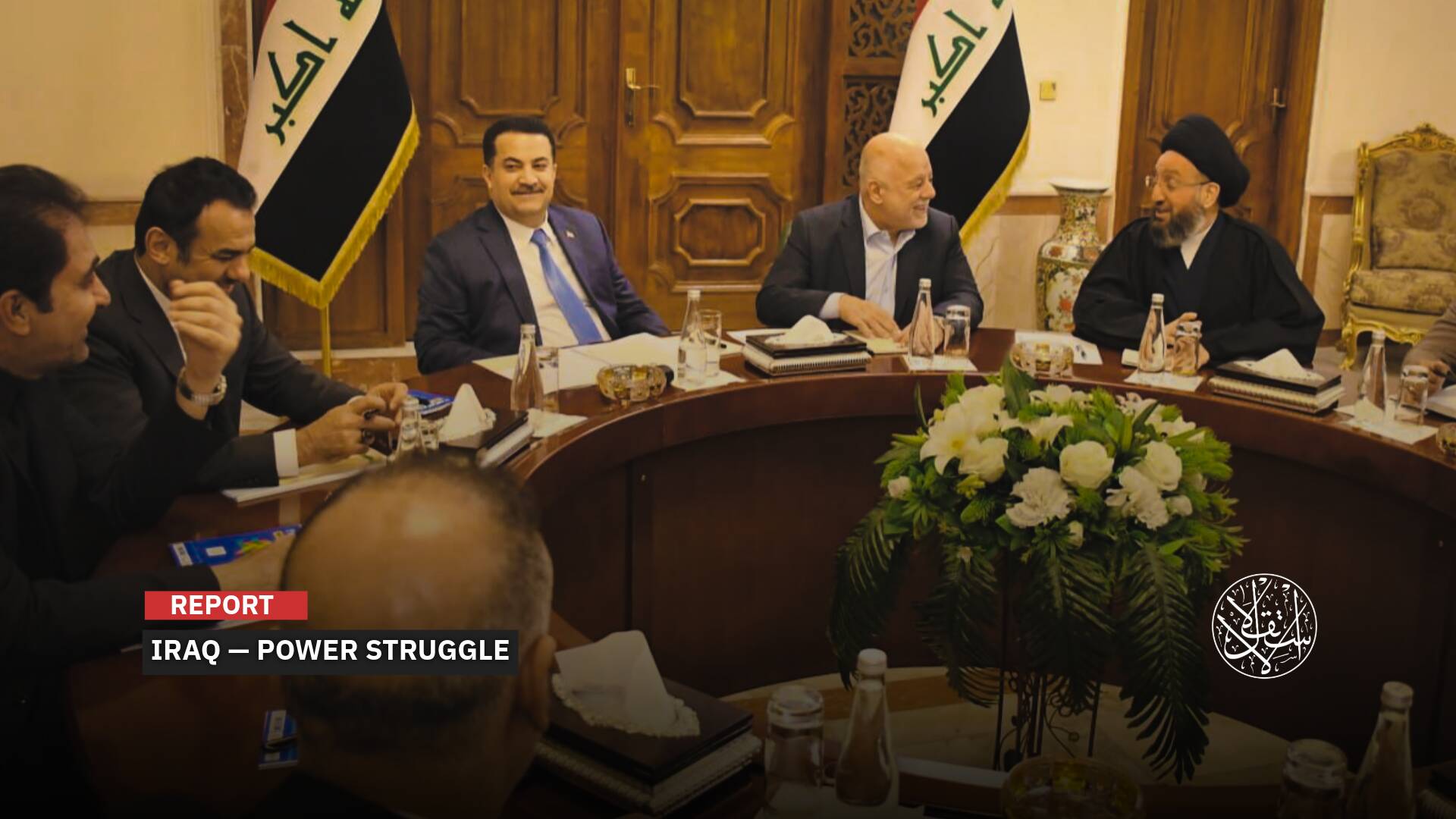Who Will Succeed Hassan Nasrallah?

Nasrallah's assasination marks a profound turning point for the organization he has helmed for more than three decades.
The Israeli occupation announced on Saturday the death of Hezbollah’s Secretary-General, Hassan Nasrallah, in a raid that reportedly struck the militant group’s headquarters in the southern suburbs of Beirut the previous day.
Hezbollah announced a statement confirming the death of its leader, Nasrallah. This would mark a profound turning point for the organization he has helmed for more than three decades.
Even before the Israeli occupation announced his death, observers and social media influencers started circulating some questions: Who will succeed Nasrallah? How will he manage the situation? And to which scenario is Lebanon heading?
The choice of Nasrallah’s successor will be crucial in determining the future of the party, which faces major challenges in light of growing tensions with the Israeli occupation and internal pressures.
The new leadership's decision will depend on how the party deals with these crises, and whether it will continue with the approach taken by Nasrallah or seek a strategic change.
Hashem
Nasrallah has been the face of Hezbollah since 1992, steering the group through regional conflicts and positioning it as a key player in Lebanon and the wider Middle East.
Nasrallah's death leaves a vacuum at the top of the powerful Shiite militia, raising urgent questions about succession.
Among the most likely candidates to take the reins is Hashem Safieddine, the head of Hezbollah’s Executive Council and widely considered Nasrallah’s second-in-command.
Safieddine, who is both Nasrallah’s cousin and linked by marriage to prominent figures in the region’s military landscape, has long been seen as his natural successor.
Born in 1964 in southern Lebanon, Safieddine was educated in the religious seminaries of Najaf and Qom, like Nasrallah, and was among Hezbollah’s founders in 1982.
Palestinian researcher Tariq Bodyafa says that Safieddine has been deeply involved in the organization’s internal workings for decades.
According to Bodyafa, Safieddine assumed the leadership of Hezbollah’s Executive Council in 1994, just two years after Nasrallah took over as Secretary-General, following the assassination of Abbas al-Musawi in an Israeli helicopter strike.
“Over the years, Safieddine has handled some of the group’s most sensitive portfolios, operating largely out of the public eye while Nasrallah served as the organization’s public voice and strategist,” Bodyafa told Al-Estiklal.
Known as the "shadow man," Safieddine maintained a low profile, working under the supervision of Hezbollah’s former military commander, Imad Mughniyeh, until Mughniyeh’s assassination in a 2008 car bombing in Damascus.
In recent years, as Nasrallah faced increasing security restrictions, Safieddine has stepped further into the spotlight.
Beyond his familial connection to Nasrallah, Safieddine’s ties to regional power brokers run deep.
His son is married to the daughter of Qassem Soleimani, the late commander of Iran’s Quds Force, a critical backer of Hezbollah.
These connections further solidify Safieddine’s standing within Hezbollah and the broader axis of Iranian influence in the region.
As the group faces an uncertain future without Nasrallah, the focus will inevitably shift to Safieddine and his potential to lead Hezbollah through what could be one of the most turbulent periods in its history.
Safieddine’s resemblance to Nasrallah—in both appearance and speech—has long been noted, and he has been groomed for leadership since 1994, when he returned from religious studies in Qom, Iran, to take on a senior role within the organization.
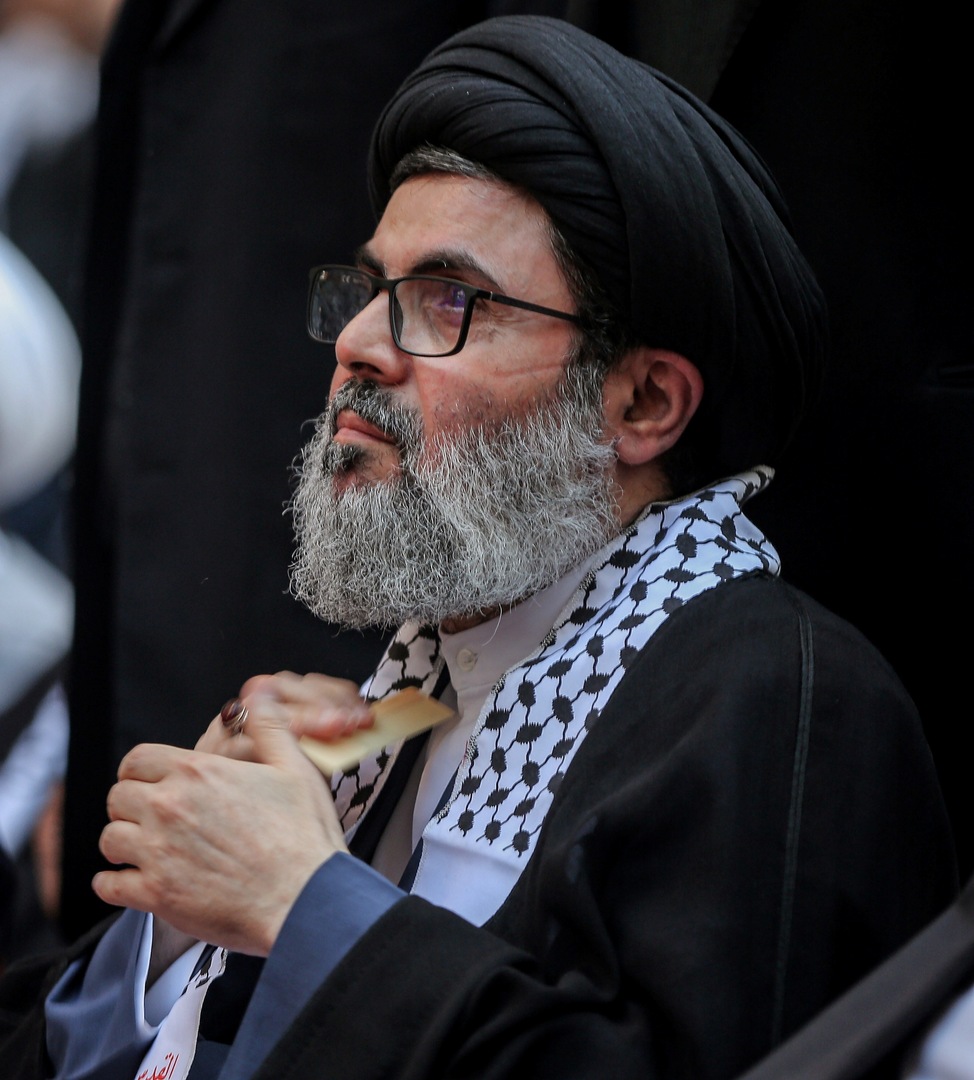
That year, he assumed the presidency of Hezbollah’s Executive Council, overseeing the group's internal operations.
For years, Safieddine has managed Hezbollah's day-to-day affairs, handling its institutions, finances, and internal policies, while Nasrallah focused on broader strategic issues.
Safieddine’s extensive experience in operational management has positioned him as a key figure within the organization, ensuring its administrative structure runs smoothly.
According to the Anti-Extremism Organization, Safieddine is responsible for overseeing Hezbollah’s political, social, cultural, and educational activities.
As the head of the Executive Council, he holds one of seven seats on the group’s powerful Shura Council, which governs Hezbollah’s decision-making.
Safieddine’s role has not gone unnoticed outside of Lebanon; in May 2017, the United States designated him a terrorist.
Both Israeli and Iranian media outlets have circulated reports since 2008 about his designation as Nasrallah’s eventual successor.
According to the Israeli Alma Center for Studies and Research, Safieddine's future leadership was set as early as 1994, a decision largely influenced by Iran, and reaffirmed in 2008.
“Hezbollah itself has reportedly planned for a scenario in which Nasrallah might be assassinated, with Safieddine stepping in as Secretary-General in the event of his death,” Bodyafa noted.
Naeem Qasim
In addition to Safieddine, the name of Naim Qassem, Nasrallah’s first deputy, is also emerging as a possible candidate. Qassem was born in 1952 and studied in religious schools before co-founding Hezbollah.
He later joined the Lebanese University to study chemistry at the Faculty of Education, and graduated in 1977. Naim
He has held several leadership positions in the party, and is a pivotal figure in directing its policies and strategies.

Qassem, a prominent Shiite cleric and long-serving Lebanese politician, stands as Hezbollah’s Deputy Secretary-General, second only to Hassan Nasrallah within the organization’s leadership.
For over three decades, Qassem has played a key role in shaping Hezbollah’s political strategy, overseeing its parliamentary and governmental operations since his appointment to the position in 1991.
Qassem grew up in a politically charged environment that set the stage for his future role in Lebanon’s Shiite movement.
Qassem, who is married with six children, began his career in education, obtaining both a bachelor’s and master’s degree in chemistry from the Lebanese University.
After graduating, he spent six years teaching chemistry in secondary schools, but his involvement in Islamic activism had already begun to shape his future as a religious and political figure.
While studying at university in the early 1970s, Qassem co-founded the “Lebanese Union of Muslim Students,” marking the start of his long engagement with Islamic political movements.
His work with Shiite leaders like Musa al-Sadr, the founder of the Movement of the Deprived, further cemented his political and religious activism.
Al-Sadr’s creation of the Amal Movement, the military wing of which Qassem joined, was the precursor to Hezbollah’s formation in the early 1980s.
In parallel with his political work, Qassem pursued religious studies, learning under prominent Shiite scholars, including Abbas al-Musawi and Muhammad Hussein Fadlallah.
He became increasingly influenced by the revolutionary ideology of Iran’s Supreme Leader, Ayatollah Ruhollah Khomeini, particularly after the 1979 Iranian Revolution, which deepened his commitment to Islamic governance.
This ideological alignment played a significant role when, in 1982, Qassem was among the founding members of Hezbollah, which emerged from the network of Islamic committees supporting the revolution.
Qassem quickly rose through Hezbollah’s ranks, joining the group’s influential Shura Council and holding key roles in the organization’s educational and cultural wings.
His leadership extended to overseeing Hezbollah’s scouting and youth activities in Beirut before he ascended to the vice presidency of the Executive Council. In 1991, he was appointed Deputy Secretary-General, a position he has held ever since.
His responsibilities include overseeing the party’s political representatives in Lebanon’s parliament and coordinating Hezbollah’s broader political strategy.
In addition to his political oversight, Qassem has played a crucial role in Hezbollah’s government-related activities, leading efforts to monitor the work of Lebanese ministries and manage the party’s involvement in governmental decisions. He was also the general coordinator for Hezbollah during Lebanon’s 1992 parliamentary elections, the first in which the group participated.
Naim Qassem’s influence within Hezbollah, both as a political strategist and a religious theorist, has made him one of the most significant figures in the organization.
His long-standing leadership, shaped by decades of political experience and ideological commitment, continues to drive Hezbollah’s role in Lebanon and its broader regional ambitions.

New Strategy?
Hezbollah’s involvement was initially characterized by controlled strikes aimed at deterrence.
But now, the scene seems to escalate into a more open conflict. This shift marks a significant departure from the previously established rules of engagement, where both sides appeared cautious not to provoke a full-scale war.
“This escalation sends a clear message not only to Hezbollah but also to Iran, Hezbollah’s main backer. Nasrallah’s death could severely weaken Hezbollah’s leadership and disrupt its military capabilities, potentially forcing the group into a reactive posture,” Bodyafa said.
He noted that Hezbollah has yet to respond fully, it may retaliate with more force than before, possibly deploying medium- and long-range missiles it has held in reserve.
“Accordingly, Hezbollah’s retaliation could broaden the conflict, drawing in other Iran-backed groups like the Houthis in Yemen and intensifying pressure on the Israeli occupation’s northern front.”
According to Bodyafa, Iran’s involvement in the conflict remains a critical factor. While Tehran has long provided Hezbollah with military and financial support, direct Iranian intervention seems unlikely at this stage.
“Nonetheless, the possibility of wider regional instability looms, spontaneous attacks across multiple fronts, including the West Bank, may show up,” Bodyafa concluded.
For its part, the Israeli occupation has responded to these developments by increasing its military readiness, reinforcing its northern command with infantry brigades, and raising the alert across land, sea, and air defenses.
As tensions escalate, both sides appear to be preparing for an extended conflict, with the potential for further regional involvement hanging in the balance.


